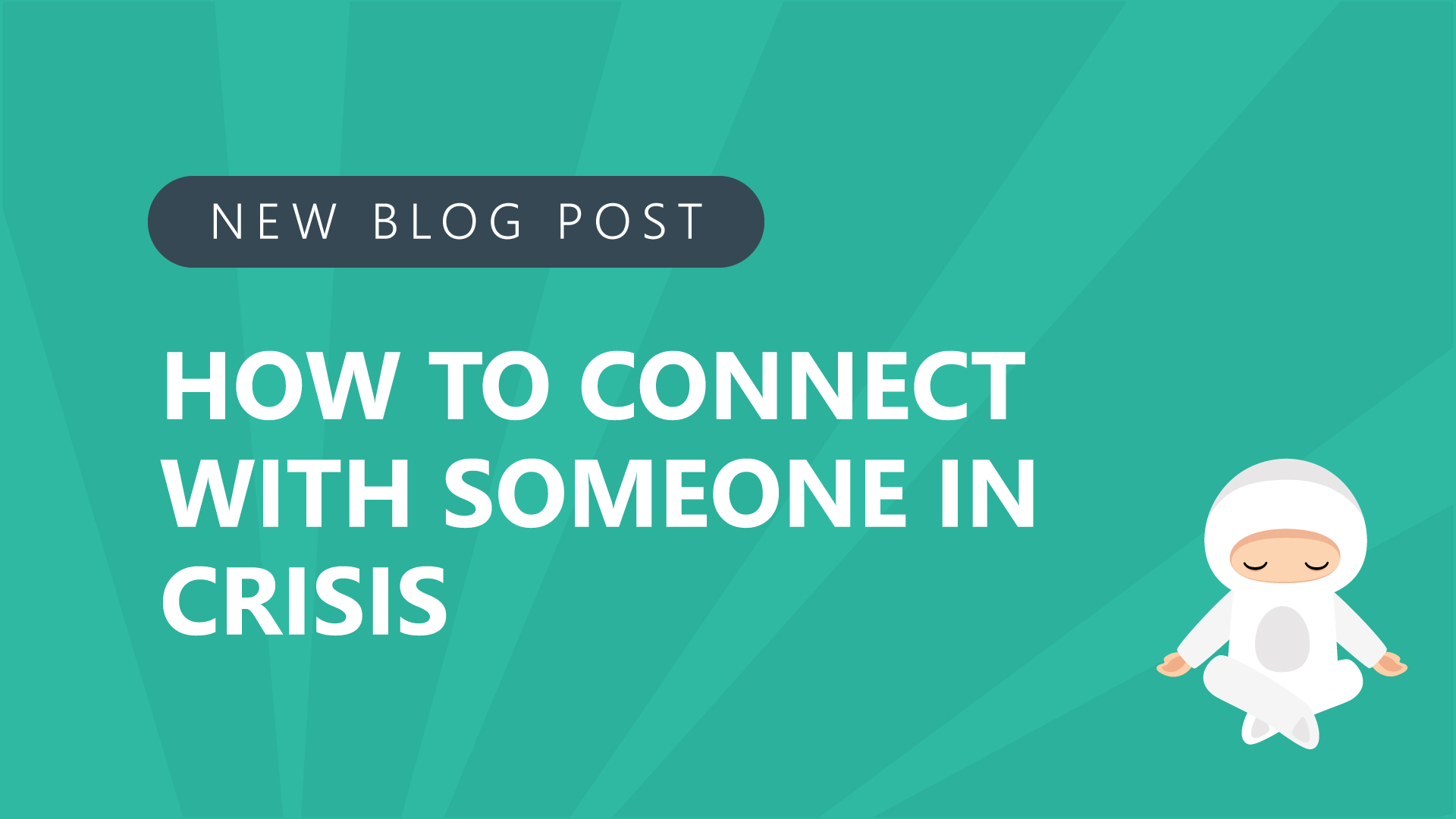According to The American Foundation for Suicide Prevention, in 2018 there was an average of 132 suicides per day. Millions of people in the United States alone lost their jobs in 2020 due to the Coronavirus pandemic. There is a rising concern among mental health experts that attempted suicide rates will increase—if they haven’t already.
Many people are not properly equipped to handle days, weeks, and months of isolation and loneliness. They aren’t able to cope with the increasing feelings of depression and anxiety. If you know someone who is struggling with the massive changes that have happened in this year alone—how do you help them? How do you help friends and loved ones dealing with suicidal thoughts?
Scott Tillema—as a SWAT negotiator—got called in to handle a crisis if the local police department couldn’t resolve the situation. Connecting with someone in crisis isn’t easy. It takes extensive training and the ability to be calm in the face of extreme adversity. He shared some strategies and resources to connect with struggling loved ones in episode 148 of the Negotiations Ninja podcast (including 4 steps you can take to conduct a risk assessment).
But how do you connect with someone in crisis? How do you remain calm? How do you start the conversation?
Strive to be someone who truly cares
Scott’s first tip is to let them know you care, and you’re available to them. Even if they won’t admit that they’re suicidal, a lot of people out there are struggling and working through the turmoil of 2020. You can have a discussion about the world at large, opening up the potential to have important conversations down the road. If this friend, family member, or even stranger feels that you’re able to offer them a safe space they will be more comfortable opening up to you.
Don’t say “I understand”
This seems counterintuitive to most people. After all, don’t you want to find common ground and help them realize they’re not alone? Scott points out you should only say “I understand” or “I know what you’re going through” if it’s sincere. If you’ve truly been there and can understand their pain it can be a point of connection.
But if you don’t understand where they’re at, your words will feel hollow and patronizing. You’ll likely antagonize the person you’re trying to calm down. Instead, be thoughtful and curious. Don’t discount anything they say. Don’t try to be the problem-solver—even though it’s our natural tendency to want to save the day.
Instead, be the person who listens. Get them talking: What are you thinking? What’s on your mind? What is making you stressed? Then simply listen. Allow them to get their anxiety, worry, and heartbreak off their shoulders. Allow them to unload everything that’s burdening them. Sometimes simply listening can be enough to talk them off the ledge.
Remember everyone is unique
Every situation is unique to the person you’re talking to and the situation they’re in at that moment. What you say and the words you use are important. However, the way you convey your thoughts is paramount. You must strive to be warm by slowing your speech, embracing a calming tone, and being thoughtful and compassionate. The right tone can cover a multitude of mistakes—including saying the wrong thing. If you know you’ve started off on the wrong foot, you can even apologize for saying something that may have upset or offended them.
Get the proper support you need
This will be horribly stressful for someone who isn’t a trained crisis negotiator or counselor. When you become stressed your heart rate increases, your blood pressure rises, and the pressure will be immense. If you don’t have someone to support you, the likelihood of you being successful is low at best. Even if your heart is in the right spot, you cannot help someone without the proper training. Get the support you need. You don’t want to question if you did the right thing.
So if you’ve encountered someone in crisis, reach out for professional help immediately. Don’t do anything to incite this person to act. If you can’t call 911, call the National Suicide Prevention Lifeline at 1-800-273-8255. Or, your friend or family member can have an anonymous text conversation at 741741. Trained counselors are ready and willing to step in where you don’t have the proper training. For more information on suicide prevention and other important resources you can use, listen to episode 148 of the Negotiations Ninja podcast.

